Alcohol Can Help You Speak A Foreign Language More Fluently
Say “bonjour” to your new favorite reason to indulge in a glass of wine.
A small study published last week in the Journal of Psychopharmacology shows that a small amount of alcohol can help people speak a foreign language better. Researchers found that imbibing helped people speak a non-native language more fluently, even when they didn’t think they were doing that well.
The study’s authors observed 50 native German speakers who were attending a university in the Netherlands, where classes were taught in Dutch. Each person in the study indicated that they drank alcohol on occasion. The participants had also recently passed a Dutch proficiency test.
Each volunteer was asked to engage in a two-minute recorded conversation with an interviewer in Dutch. Half of the volunteers were given alcohol before the chat, and the other half were given water. The amount of alcohol varied depending on the person’s body type. (For example, a 150-pound man was given slightly under a pint’s worth of beer.)
The conversations were then reviewed by two native Dutch speakers, who weren’t told which participants had drunk alcohol and which hadn’t. The participants were also asked to rate their own performances.
Those who’d had alcohol didn’t rate their performance any better than those who’d had water, indicating that they didn’t necessarily feel more confident in their fluency than the water-drinkers.
However, the native Dutch speakers saw it differently. They ranked the alcohol drinkers as being more fluent in Dutch than those who drank water ― specifically, when it came to pronunciation. On metrics like vocabulary and grammar, the native Dutch speakers said, the two groups were comparable.
There are some caveats here. The amount of alcohol is key, for starters. Researchers theorize that drinking too much can have the opposite effect, making proficiency in another language worse due to slurred words. It’s also not clear what the participants’ stress levels or emotional states were at the time ― factors that can help or impede a person’s performance. The study’s authors note that this experiment should be conducted with other foreign languages to see if the same effect occurs.
Still, the researchers concluded that a little liquid courage can help when it comes to fluency.
Don’t drink? There are other options
If a little chardonnay isn’t your thing, there are certainly other ways to get better at speaking a new language. Give one of these a try:
Prioritize rest.
There’s some evidence to suggest that your brain can learn new information while you slumber. This doesn’t necessarily mean you can learn Spanish as you drift off, but research has shown that a person’s brain can learn and understand new noise patterns even while they’re asleep. The results suggest that hitting the hay is vital for brain power, also. It’s a start, right?
Get motivated.
Research shows that a person’s level of motivation correlates with proficiency success when learning a new language. If you want to become fluent, get serious about it.
Jot down the words you’re learning.
Writing during the learning process can help the brain retain new information. Studies show that when students take notes using pen and paper, they’re better able to recall the information from memory than when they take notes on a laptop.
Study another subject in the new language.
A study of high school students who were learning French found that when the students also took another class taught in French, the students were more motivated to learn French and tested better for listening skills in the language.
The more you know!
Also on HuffPost
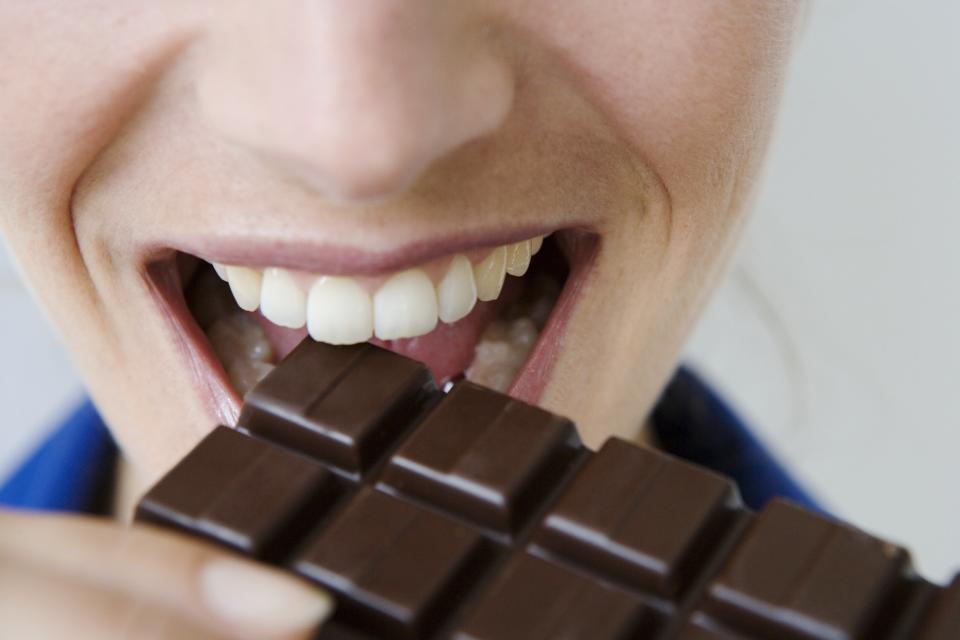

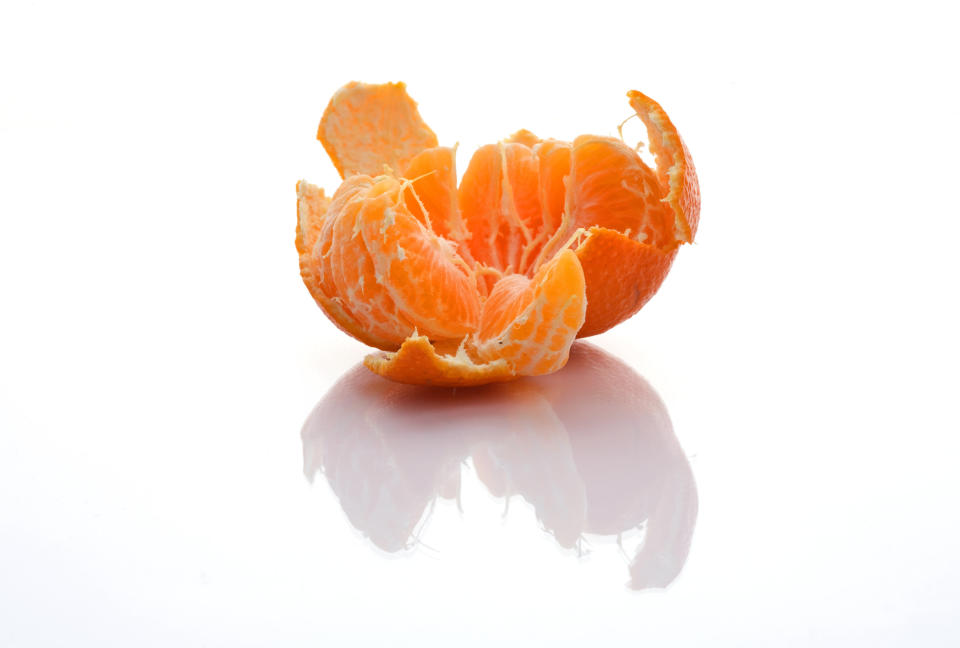

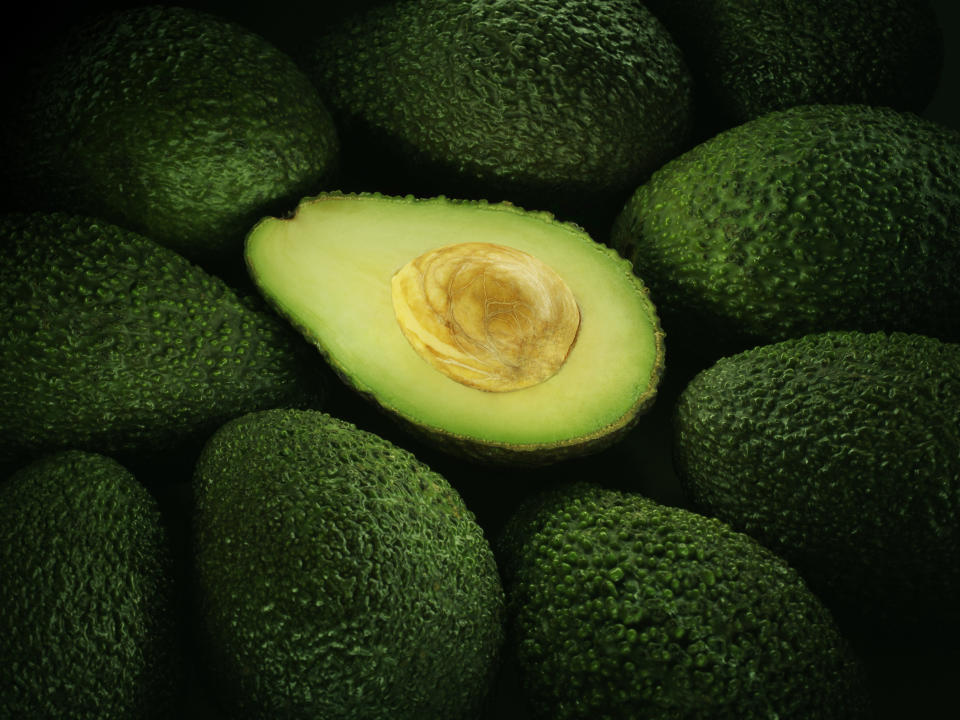






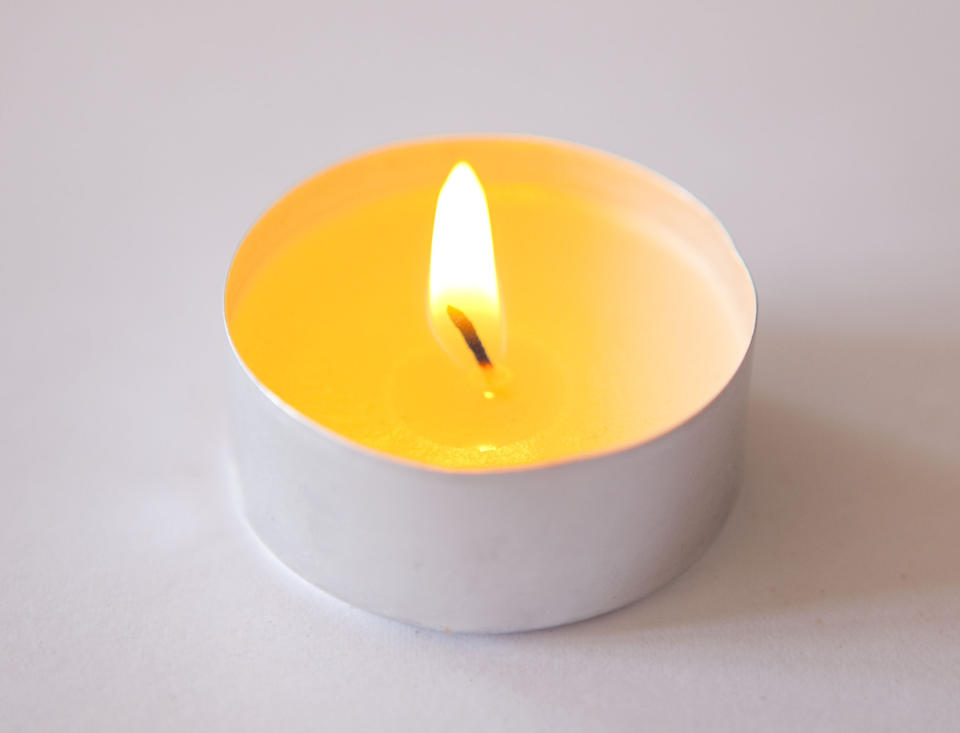

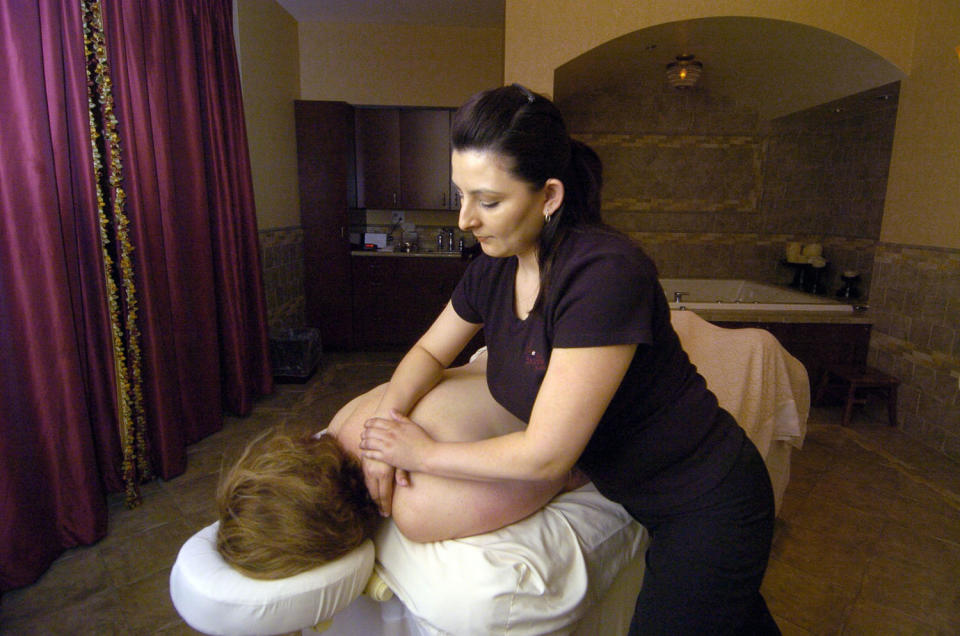

















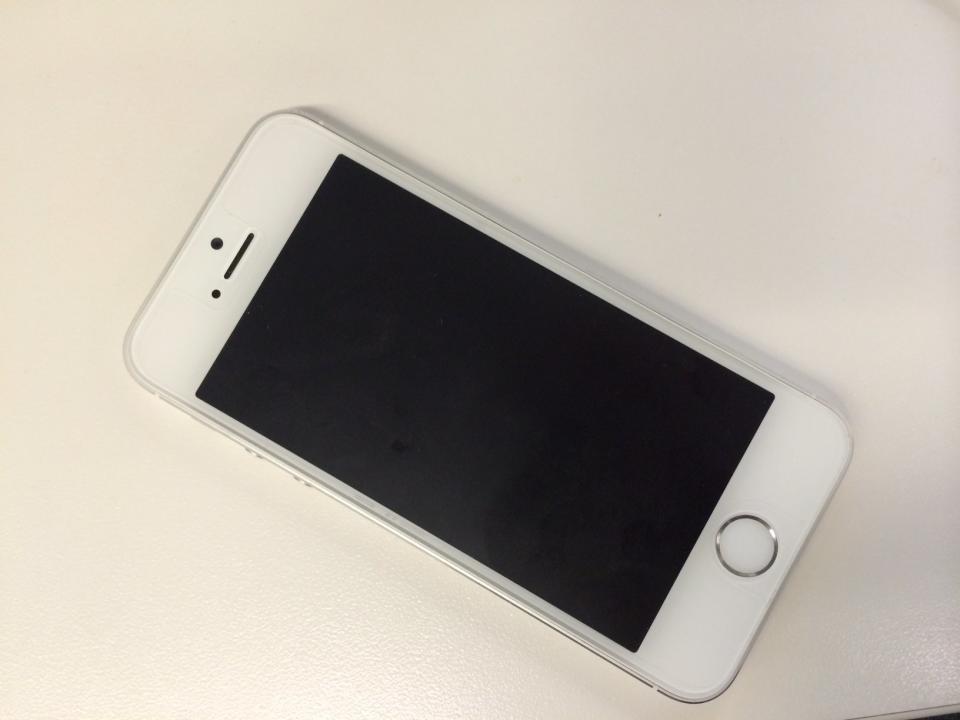

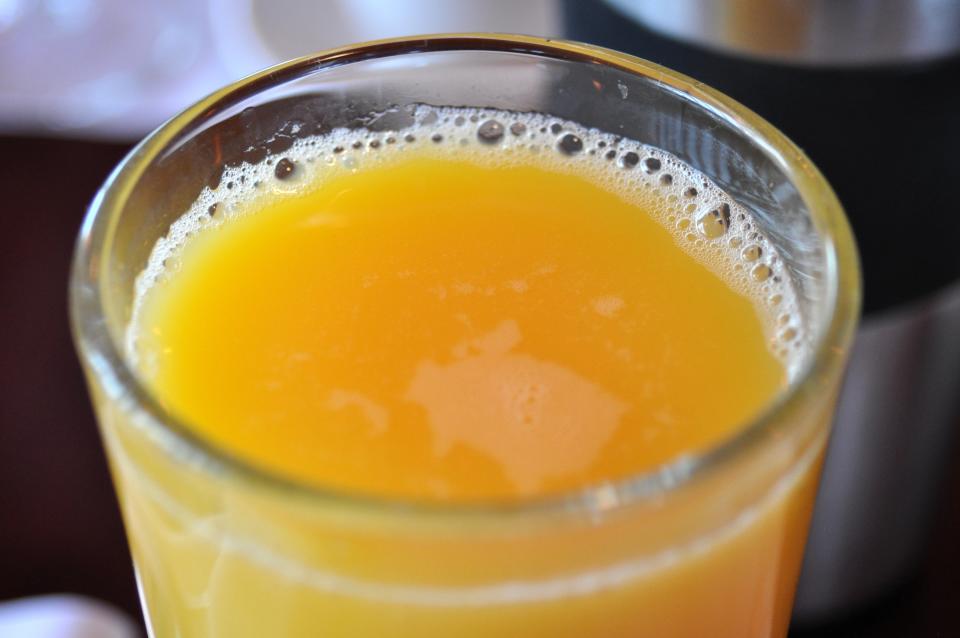

Love HuffPost? Become a founding member of HuffPost Plus today.
This article originally appeared on HuffPost.

